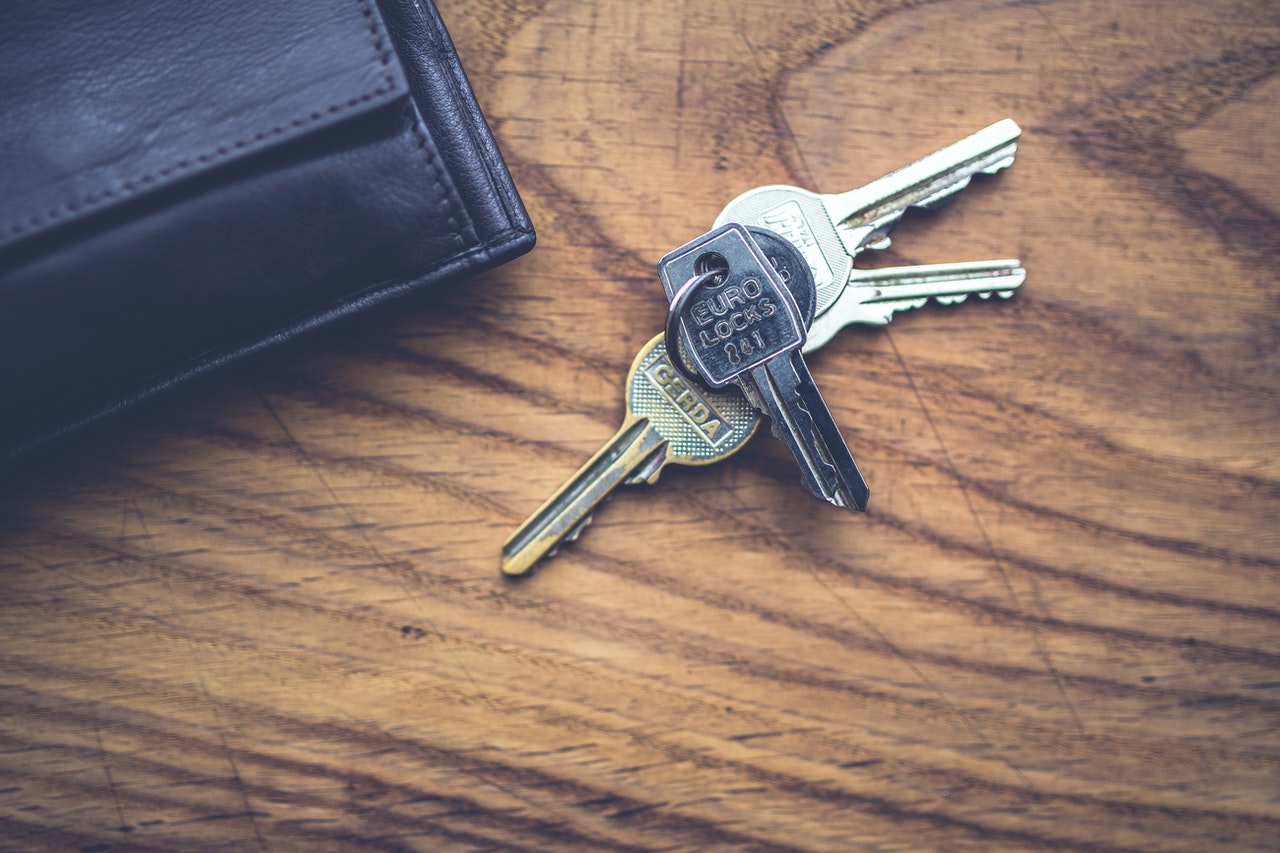One of the most important steps in leaving an abusive relationship is determining a way to do so safely.
Each and every survivor of domestic violence/ sexual assault will have to consider what the safest way to leave is for them. No matter how many experiences we hear about or have gone through, every situation is going to be different and, ultimately, the survivor has to decide what is best for them. For this reason, we have provided some examples and tips below. We are aware that some of these things might not be possible and we encourage survivors to focus on safety over everything else.
We recognize that it is not always the safest option to leave immediately, if you or someone you know doesn’t feel safe leaving an abusive relationship, we recommend the following until you feel safe to leave:
- Tell a trusted friend/coworker/family member/neighbor of what has been happening and develop a code word you can say or text if the need arises.
- Find the safest places in your home to be during an argument, with a clear path to an exit and away from weapons or items that could be used to injure you.
- If you have a phone, try to keep it charged and on you when possible.
- If there are other people in the home (roommates or children), go over who to call for help and how to do so.
- Practice ways to escape (include the other people in the home if you plan to have them leave with you and if it is safe to do so).
- Consider items of clothing that could be used to injure you (scarves, necklaces, etc.) and avoid when possible.
When preparing to leave:
- Try not to alert your partner of your plans to leave.
- When possible and only if safe to do so, begin gathering important items in an accessible place. This can include:
- Keys
- ID/License
- Money
- Important documents (Social
- Security Card/Birth Certificate)
- Phone
- Medications
- Clothing
- Practice your plan to leave with anyone you plan to take with you.
- Consider safe places you can go.
- Begin thinking of plausible excuses to leave the home when you are ready or a time of day you can leave without them knowing for a few hours.
Remember:
Whether or not an abuser suspects that their partner is going to leave, they often have monitoring measures in place. It is important to remember that even someone who isn’t very tech-savvy can view your phone/computer search history and/or your location through your phone. Whenever possible, be mindful of this and take precautions to keep your abuser from being able to access these things (for example, using a public computer to search for help and turning off your phone’s location services).

